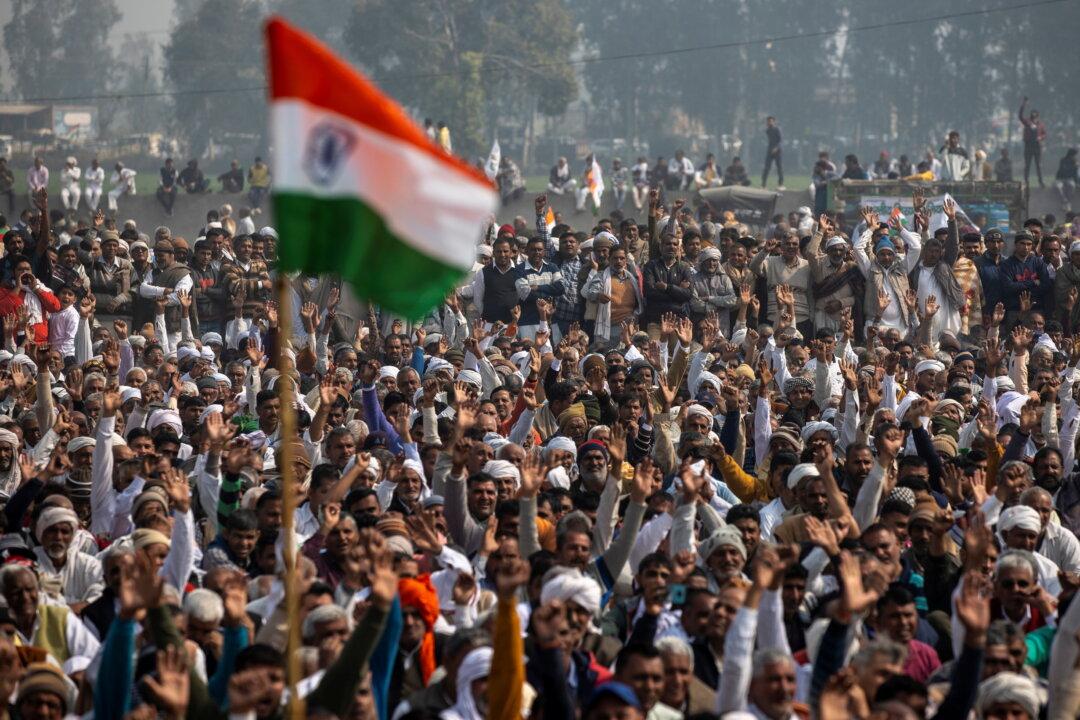India’s Parliament has voted to repeal agricultural reforms that provoked a year-long protest by farmers, following a surprise decision by Prime Minister Narendra Modi to roll back the contentious laws in what was seen as a rare retreat for the leader.
Both houses of Parliament passed the bill to withdraw the three laws via voice vote on Nov. 29, the first day Parliament reconvened its winter session, amid demands from the opposition to discuss the issue.





